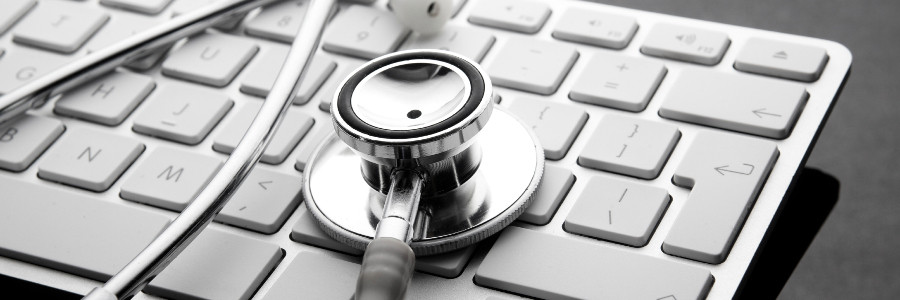Are you afraid that robots will replace healthcare professionals? Scared that a newly created drug will stir a new kind of addiction, or a genetic test will predict when you'll die? While a future ruled by technological advancements may seem daunting, innovations — especially those pertaining to health and medicine — are always meant to make our lives better.
How is technology transforming healthcare?
7 Tips to prevent hermit habits when working at home

Working remotely comes with many benefits, such as saving you time and money on commuting, dealing less with office politics, having less stress at home, and reducing your risk of getting infected with the coronavirus. However, if you get too settled, you might experience what's called hermit habit.
3 Ways AI is changing the healthcare sector

Technology plays an important role in streamlining business processes. Artificial intelligence (AI), for example, is making huge strides in the healthcare industry, not only helping medical professionals better care for their patients, but also giving people proactive means of managing their health and lifestyle.
Why healthcare needs cloud computing

If the primary focus of your healthcare practice is delivering high-quality patient care, then cloud computing is an essential tool for you. It is more reliable, convenient, and secure than offline solutions, which means it should be a top priority.
Easy information access
The increasing demand for doctors’ time means they have less time to review patient records.
Make sure you get the right EMR system

Electronic medical records (EMRs) digitally store a patient’s medical history and treatment. EMRs eliminate paper charts and allow patients to have a single electronic chart that can be accessed within one healthcare organization. It allows medical professionals to provide more efficient and precise care.
3 Benefits of online scheduling

While quality of care is a major factor when patients choose a healthcare facility, convenience is now becoming another key consideration. Online scheduling, in particular, has become more and more important in selecting a healthcare provider.
Even if the use of smartphones, tablets, and other internet-connected devices has already permeated society, many healthcare facilities have trouble keeping up with the times.
Telemedicine to help transform healthcare

Physicians in some parts of the world still make house calls, but they are becoming rare. Today, most patients either go to a clinic or hospital, make a quick trip to a pharmacy for instant relief, or get treatment at home via telemedicine. Although this medical practice might not sound familiar to some, it has been around for years.
What makes a good app or wearable tech?
Lower hospital readmissions through big data

The medical industry is teeming with data. Patients that receive care, for example, have hundreds of data points associated with their medical history. But how is this data being handled? In most cases, not carefully enough. By adopting one of business’s more popular technology solutions, your medical facility could save money and improve patient care so much as to lower readmission rates.
Are EHRs useful?

The healthcare industry is embracing the use of electronic health records (EHRs). It advances a new type of data management system that aims to improve on traditional paper-based ways. But will it?
What is an electronic health record?
An electronic health record (EHR) is an individual’s official health document accessible via mobile devices such as smartphones and tablets, and shareable between multiple facilities and agencies.

